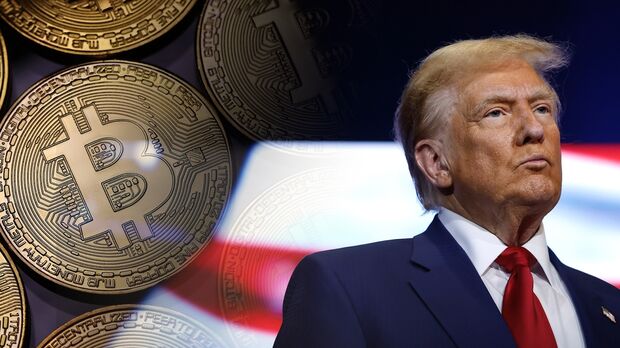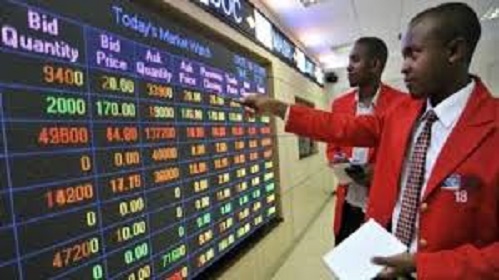
Latest data by the Central Bank of Nigeria (CBN) shows that the nation’s external reserves rose to $41.005bn as of February 7, 2018, up by $320.317m or 0.78% Month-to-Date from $40.685bn on January 31, 2018.
Month-on-Month, the nation’s reserves increased by $1.846bn or 4.71% from $39.158bn on January 5, 2018; while on Year-to-Date, it grew by $2.239bn or 5.77% from $38.765bn on December 29, 2017.
Year-on-Year, Nigeria’s reserves level climbed from $28.582bn on February 7, 2017, representing a $12.423bn, or 43.46% growth.
The reserves level last touched the $41bn mark four years ago around February 21, 2014, on its way down from the $61bn peak in mid-2008, when oil prices started to plummet from its all-time high of $147 per barrel in March 2008.
But Mustapha Chike-Obi, immediate past managing director of the Asset Management Company of Nigeria (AMCON) believes the current fixation of the Nigerian government and the people about rising foreign reserves is misplaced, saying that they are mere earnings by government from sale mostly of crude oil, rather than savings.
Chike-Obi was quoted by business a.m. as saying reserves are useful in that they can pay for foreign goods and services.
He argued that “talking about reserves as an economic achievement does not ring right, it is just an accounting item stating receivables into government coffers from which it spends for execution of projects. So, it is not an accomplishment of government.
“Foreign reserves are used to buy foreign goods and the question is what type of goods should we be paying for?”














